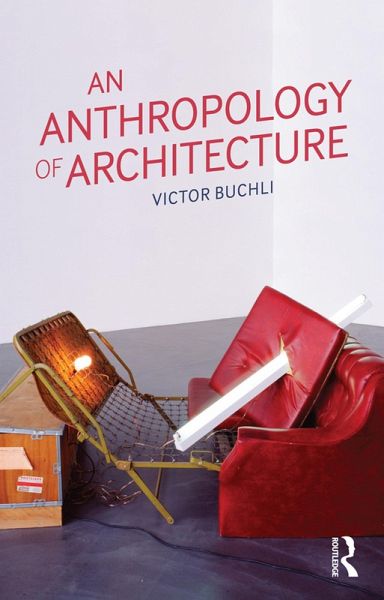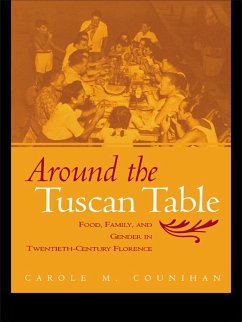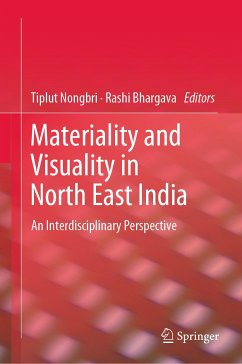"No work specfically addresses architecture quite as extensively as this book by Victor Buchli ... In this regard, [An Anthropology of Architecture] does a fantastic job by theoretically linking anthropological knowledge in a way that is rarely seen elsewhere ... I am personally doubly indebted to the author (firstly) for his amazing use of anthropological theories and empirical cases (and secondly) in order to push back the frontiers of our understanding of the human experience of architecture. - Urbanities - Nathalie Boucher, Institut National de la Recherche Scientifique - Centre Urbanisation Culture Société, Canada [An Anthropology of Architecture] makes an important contribution to debates of broad interest. It
deserves to be widely read, including by those interested in material culture, architecture, and space in the disciplines of archaeology, anthropology, architecture, and beyond. - Journal of the Royal Anthropological Institute - Thomas Yarrow, Durham University Victor Buchli's work is to be recommended to anyone who is interested in exploring correlations between the sociocultural worl and materiality from a theoretical perspective ... With the book
An Anthropology of Architecture, Buchli is expanding the discourse of material cultural studies in an essential way to include the aspect of the role played by the built world, which in this context had previously been discussed only on the sidelines or in various individual studies. - GAM Architecture Magazine - Manfred Omahna (Translation: Dawn Michelle d'Atri) Architecture is far more than the materials and designs used in construction for, as anthropologist Buchli (Univ. College London) states in his first sentence, ""buildings make people."" Ethnographic glimpses range from Mongolian yurts to the ""sick building syndrome"" of certain London high-rises. Buchli's volume is ""an anthropology,"" and deliberately idiosyncratic. His prose is not easily followed, and allusions may elude those lacking knowledge of the literatures to which he turns; still, intellectual rewards abound in Buchli's pages. Summing Up: Recommended. Graduate students, faculty. - CHOICE - A. F. Roberts, University of California, Los Angeles Victor Buchli's interesting new book is ... a highly ambitious work, the first direct attempt to provide such a detailed anthropology of architecture as a subject ... An excellent piece of analysis. - LSE Review of Books - Luke McDonagh, University of Cardiff, UK Buchli's study is a very useful summary of the history and current status of the anthropology of architecture, achieved at a high level of philosophical analysis. Most importantly, it accomplishes its goal of attesting ""to the novel material forms and registers by which architecture makes people"" (p. 186). From now on, anthropologists must include the agentive objects of houses and other physical forms and possessions in their studies of culture. - Anthropology Review Database - Jack David Eller This book presents a long overdue and much needed synthesis of anthropological approaches to the study of architecture. Professor Buchli situates a wide variety of ethnographic case studies in historically and philosophically grounded theoretical frameworks with which he provocatively challenges anthropologists to reconsider the materiality of the built environment. - Denise Lawrence-Zúñiga, Professor, Department of Architecture, California State Polytechnic University, Pomona, California, USA With this excellent book, Victor Buchli reminds us of the multitude of ways in which architecture becomes meaningful to us, whoever we are and wherever we live. Informative, insightful and engaging, it should be essential reading for all those interested in the anthropological study of architecture. - Marcel Vellinga, Reader in Anthropology of Architecture, Oxford Brookes University, UK"















